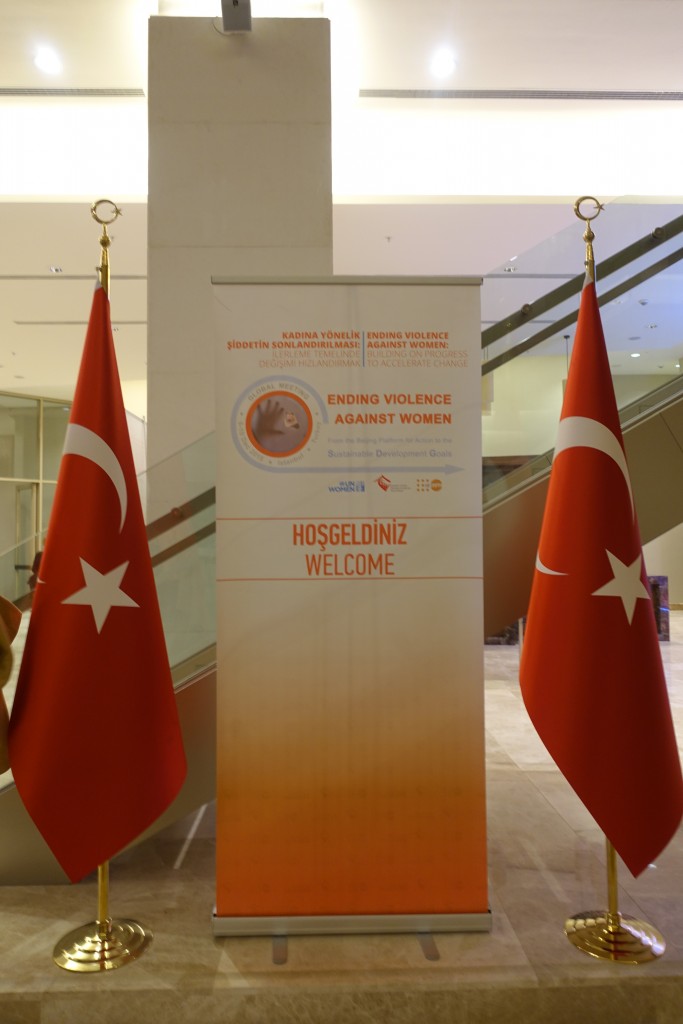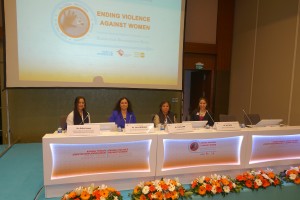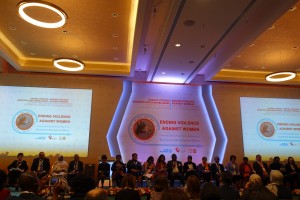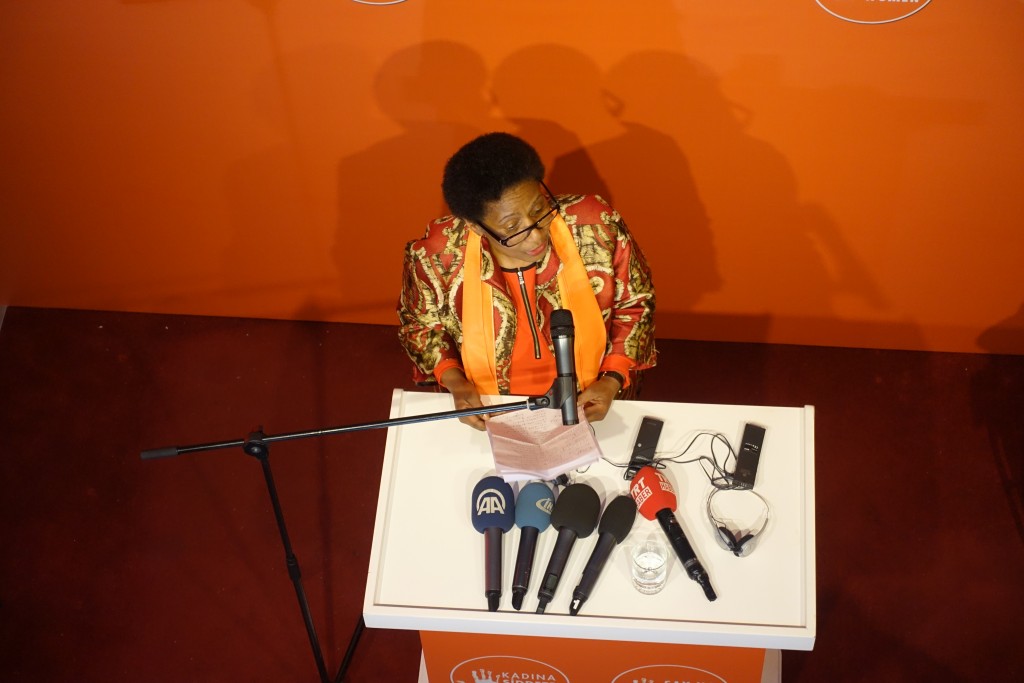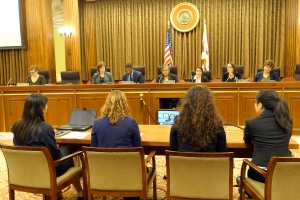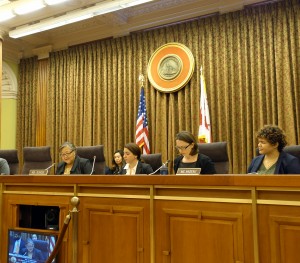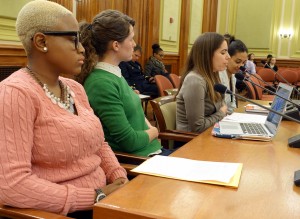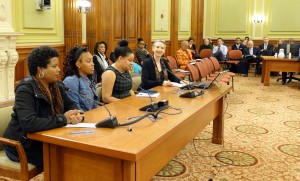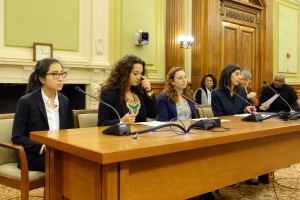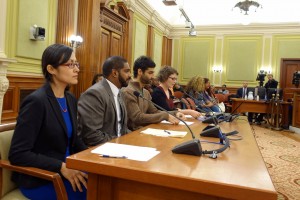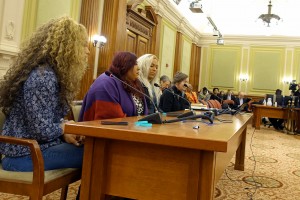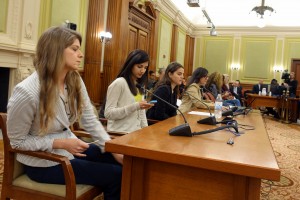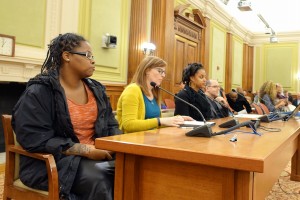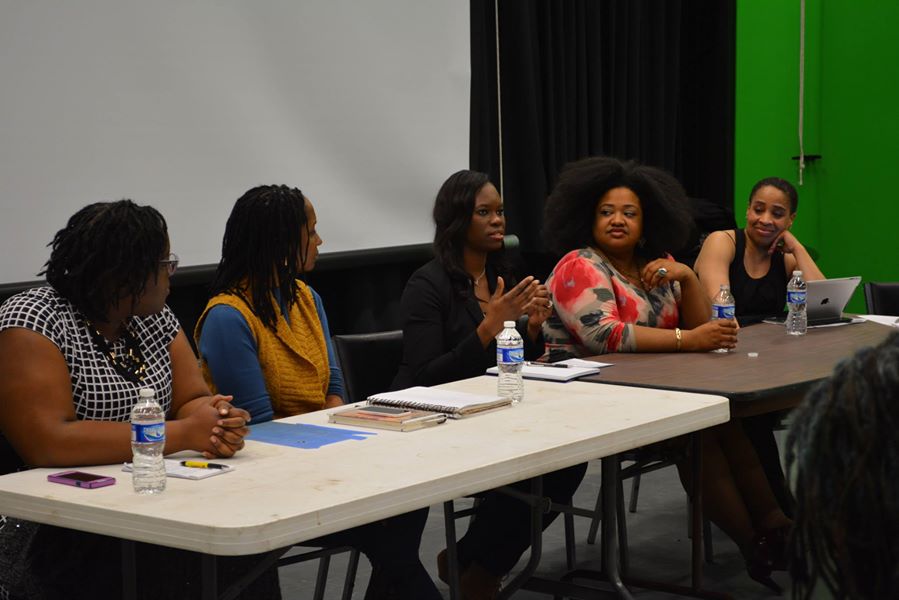
Our board members span the USA and regularly take action to address street harassment locally and globally.
Here are 10 examples of what they did this year!
- Donate to help fund our programs.
- Review our Safe Public Spaces Mentoring (SPSM) applications.
- Advertise our SPSM program and Blog Correspondents program.
- Giving input on the SSH website redesign.
- Writing articles for outlets like Huffington Post.
- Co-host and participate in Twitter chats.
- Represent SSH at events, conferences, rallies and speakouts (this year, that included community and campus events in AZ, DC, IA, MD, MN, NE, NY, PA, and VA. I also spoke in Canada, India, and Turkey).
- Participate in International Anti-Street Harassment Week (including by organizing events, speaking at events, hosting sidewalk chalking, distributing information at Metro stations, and hosting online events).
- Attending meetings.
- Testifying at the DC city council hearing

